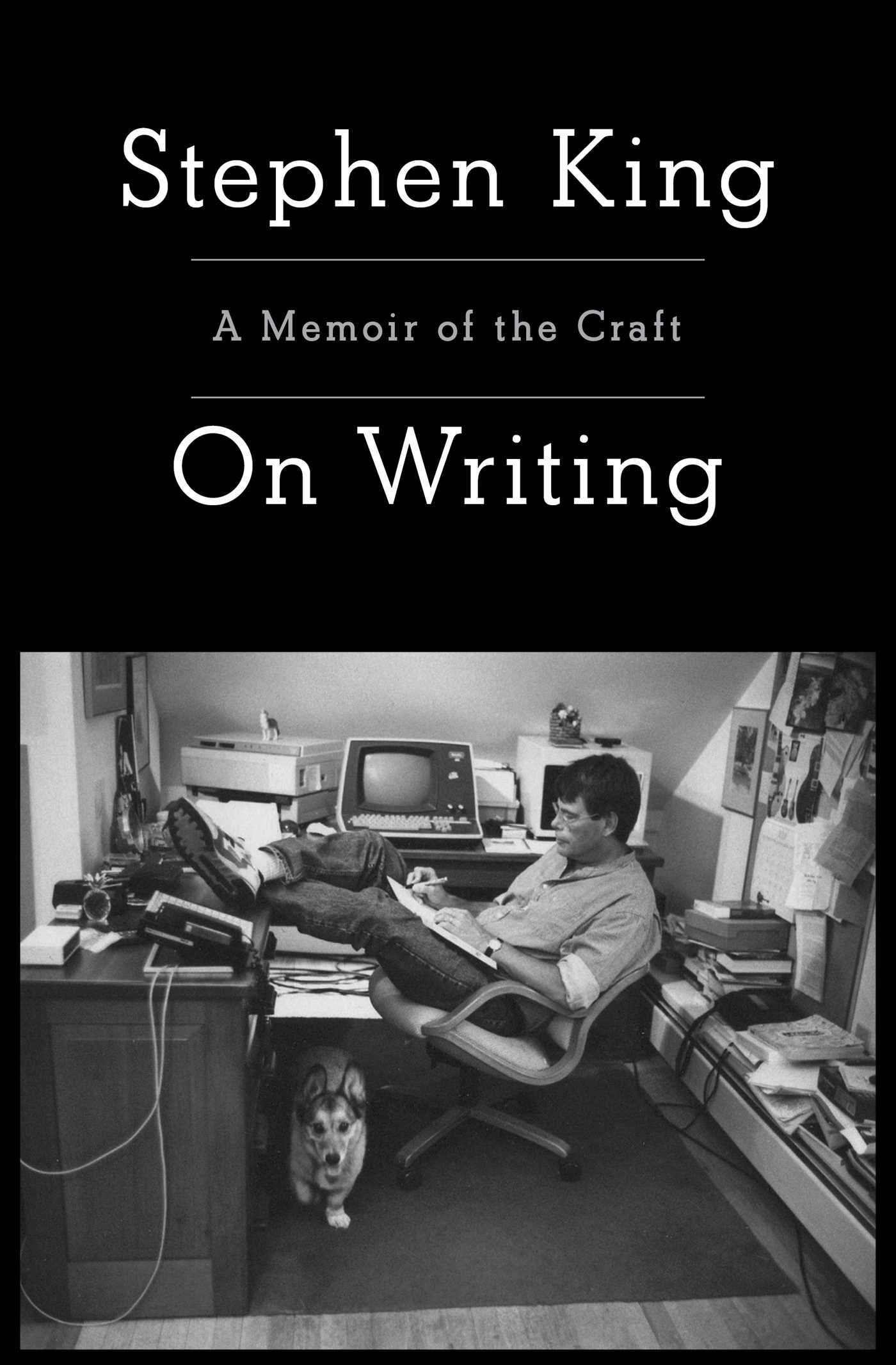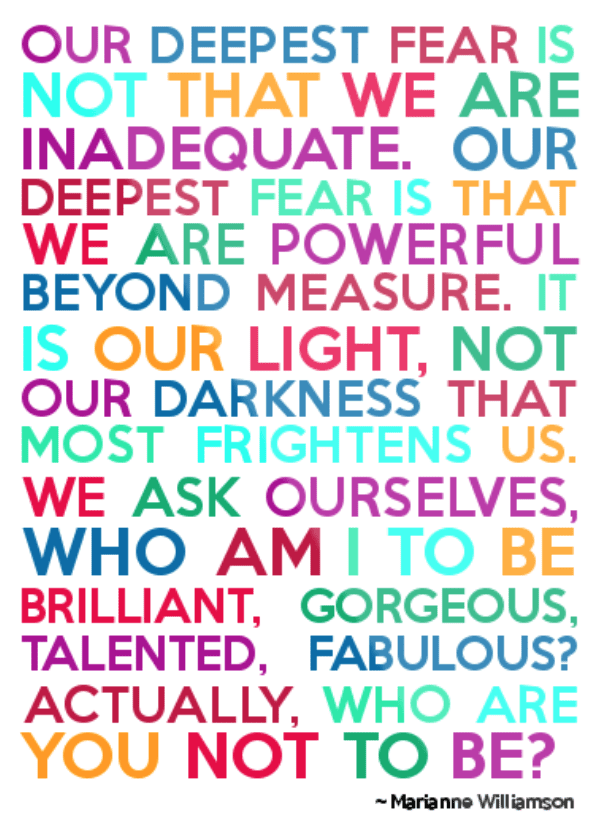Print | eBook(Kindle) | Audiobook
Write with the door closed, rewrite with the door open. Your stuff starts out being just for you, in other words, but then it goes out. Once you know what the story is and get it right — as right as you can, anyway — it belongs to anyone who wants to read it. Or criticize it.
On Writing: A Memoir of the Craft is a memoir by American author Stephen King that describes his experiences as a writer and his advice for aspiring writers. Stephen’s books have sold more than 350 million, he writes horror, supernatural fiction, suspense, crime, science-fiction, and fantasy novels.
The On Writing book contains a lot of nuggets, insights, and strategies for becoming a great writer. In typical Stephen King fashion, the book is a straight to the point, no BS take on getting things done by writing great stories and using your imagination effectively.
Here are my favourite take ways from reading On Writing by Stephen King:
Writing is seduction. Good talk is part of seduction.
Writing Is Telepathy,
- All the arts depend upon telepathy to some degree, but I believe that writing offers the purest distillation.
- You can approach the act of writing with nervousness, excitement, hopefulness, or even despair—the sense that you can never completely put on the page what’s in your mind and heart. You can come to the act with your fists clenched and your eyes narrowed, ready to kick ass and take down names.
The Tool Box
- To write to your best abilities, it behooves you to construct your own toolbox and then build up enough muscle so you can carry it with you. Then, instead of looking at a hard job and getting discouraged, you will perhaps seize the correct tool and get immediately to work.
The bread of writing, is vocabulary.
- Tools of Writing: Grammar, Vocabulary
- Nouns and verbs are the two indispensable parts of writing. Without one of each, no group of words can be a sentence, since a sentence is, by definition, a group of words containing a subject (noun) and a predicate (verb); these strings of words begin with a capital letter, end with a period, and combine to make a complete thought which starts in the writer’s head and then leaps to the reader’s.
Good Writing
- Good writing is often about letting go of fear and affectation. Affectation itself, beginning with the need to define some sorts of writing as “good” and other sorts as “bad,” is fearful behavior.
Good writing is also about making good choices when it comes to picking the tools you plan to work with.
Readers are Writers
- If you want to be a writer, you must do two things above all others: read a lot and write a lot. There’s no way around these two things that I’m aware of, no shortcut.
- The real importance of reading is that it creates an ease and intimacy with the process of writing; one comes to the country of the writer with one’s papers and identification pretty much in order. Constant reading will pull you into a place where you can write eagerly and without self-consciousness. It also offers you a constantly growing knowledge of what has been done and what hasn’t, what is trite and what is fresh, what works and what just lies there dying (or dead) on the page.
- The more you read, the less apt you are to make a fool of yourself with your pen or word processor.
Reading is the creative center of a writer’s life.
Writing Environement
- The biggest aid to regular production is working in a serene atmosphere.
- Writing in a Closed Door: Your space really needs only one thing: a door which you are willing to shut. The closed door is your way of telling the world and yourself that you mean business; you have made a serious commitment to write and intend to walk the walk as well as talk the talk.
Eliminate Distrations
- For any writer, but for the beginning writer in particular, it’s wise to eliminate every possible distraction. If you continue to write, you will begin to filter out these distractions naturally, but at the start it’s best to try and take care of them before you write.
When you write, you want to get rid of the world, do you not? Of course you do. When you’re writing, you’re creating your own worlds.
Good Story Telling is the Key
- Book-buyers aren’t attracted, by and large, by the literary merits of a novel; book-buyers want a good story to take with them on the airplane, something that will first fascinate them, then pull them in and keep them turning the pages. This happens, I think, when readers recognize the people in a book, their behaviors, their surroundings, and their talk.
When the reader hears strong echoes of his or her own life and beliefs, he or she is apt to become more invested in the story.
- Write what you like, then imbue it with life and make it unique by blending in your own personal knowledge of life, friendship, relationships, sex, and work. Especially work.
People love to read about work. God knows why, but they do.
The Three Parts of a Story/Novel
Stories and novels consist of three parts:
- Narration, which moves the story from point A to point B and finally to point Z;
- Description, which creates a sensory reality for the reader; and
- Dialogue, which brings characters to life through their speech.
The Ideal Reader
- If you’re writing primarily for one person besides yourself, I’d advise you to pay very close attention to that person’s opinion
- You can’t let the whole world into your story, but you can let in the ones that matter the most. And you should.
- Ideal Reader is also the best way for you to gauge whether or not your story is paced correctly and if you’ve handled the back story in a satisfactory fashion.
Recommended
All the Best in your quest to get better. Don’t Settle: Live with Passion.



2 Comments
Pingback: Lessons Learned from Bob Woodward’s Masterclass Session on Investigative Journalism – Lanre Dahunsi
Pingback: 100 Books Reading Challenge 2020 – Lanre Dahunsi